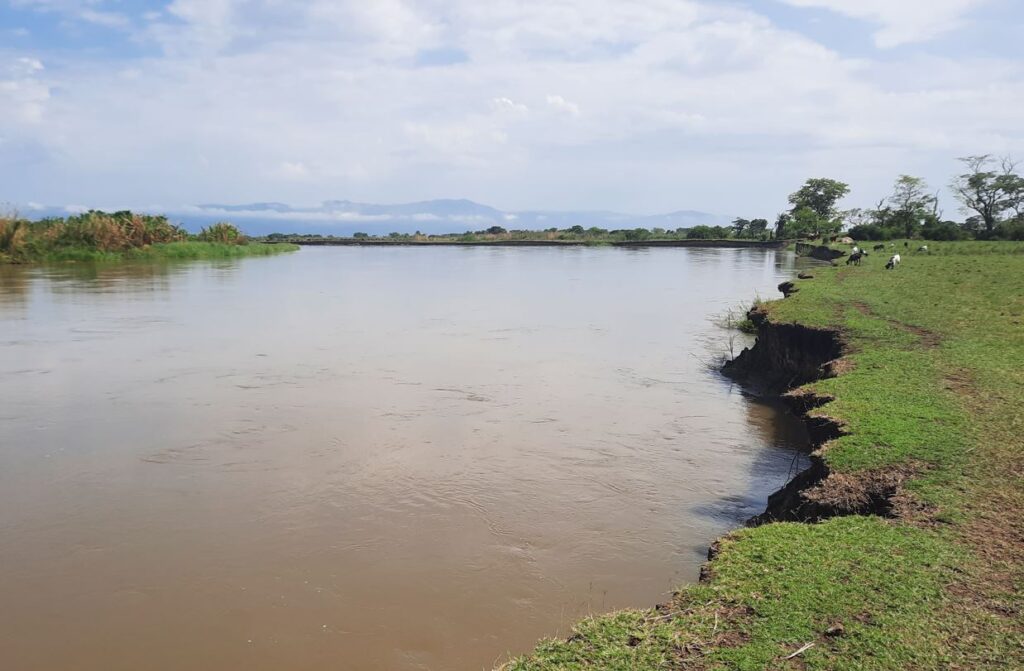UGANDA-BENIN – Climate funding matches very well with an ecoystemic approach to resolving flooding and drought. This is illustrated by two Join For Water projects that have been singled out for funding by the Flemish government’s G-STIC Climate Action Programme.
Increased flooding and drought are consequences of climate change, already posing threats to food security and the survival of carbon-sink wetlands in Uganda and Benin. Climate mitigation and adaptation solutions are needed, with attention to the balance between human needs and environmental protection. Two Join For Water projects have been selected by the Flemish government’s G-STIC Climate Action Programme for a total funding of €500.000. This climate funding matches with an systemic approach to resolving drought and flooding.
Nature-based solutions
In Benin, food production cycles in the Mono river floodplain are severely disrupted due to reduced availability of water during the growing period and sedimentation of wetlands, resulting in less profitable, short-cycle crops. To demonstrate how to mitigate and adapt to these changes with nature-based solutions, we are restoring three wetlands and training 100 farmers in the use of flood-friendly irrigation techniques, agroecology, and water efficiency. Certain ecological functions such as groundwater recharge and improved biodiversity, are being restored to increase these ecosystems’ resilience to climate change. To capitalize on our interventions, we assist local and national authorities in the integration of the results of sustainable ecological management of wetlands into their policies and planning tools.
Promoting best practices
In Uganda, the negative impact of recurring floods and droughts on the floodplains along the Semliki River is amplified by factors such as extensive cattle farming and population growth, resulting in high rates of riverbank erosion, deforestation, water pollution and biodiversity loss. Using a participative approach to ecological landscape management and the provision of training and workshops, we protect valuable riverine zones together with farmers and other NGOs in the region. Adaptation solutions for climate-resilient access to, and protection of, ecosystem services are disseminated, including actions such as: testing and promoting best practices for soil and water conservation on community-based demonstration sites, installing cattle troughs to protect riverbanks, building ecological toilets to protect groundwater, etc. As a result, 4.500 people will have improved access to water for agriculture and livestock, and 1.000 people will have access to ecological toilets. Restored riverine zones will regain capacity to act as nature-based solutions against extreme weather events, strengthening the resilience of communities and the landscape against the effects of climate change.


